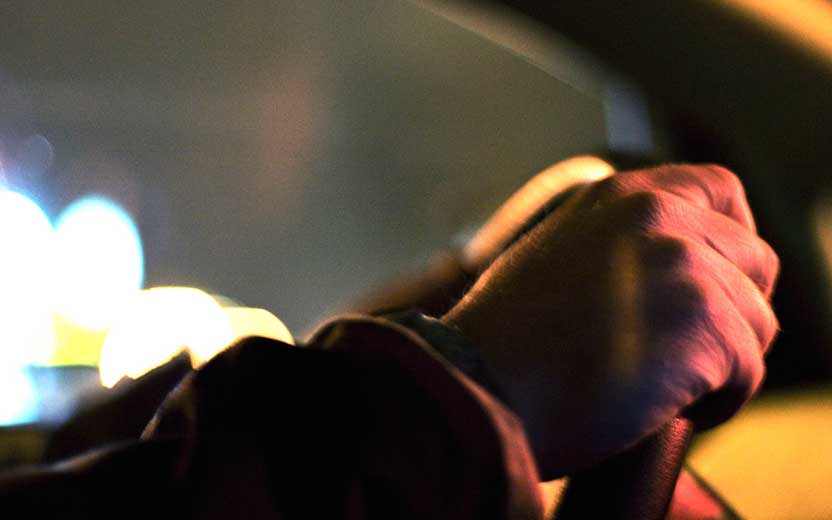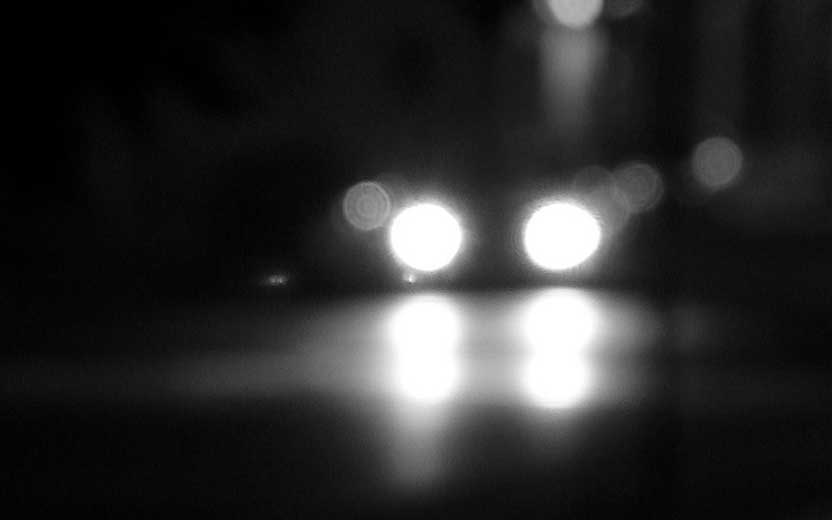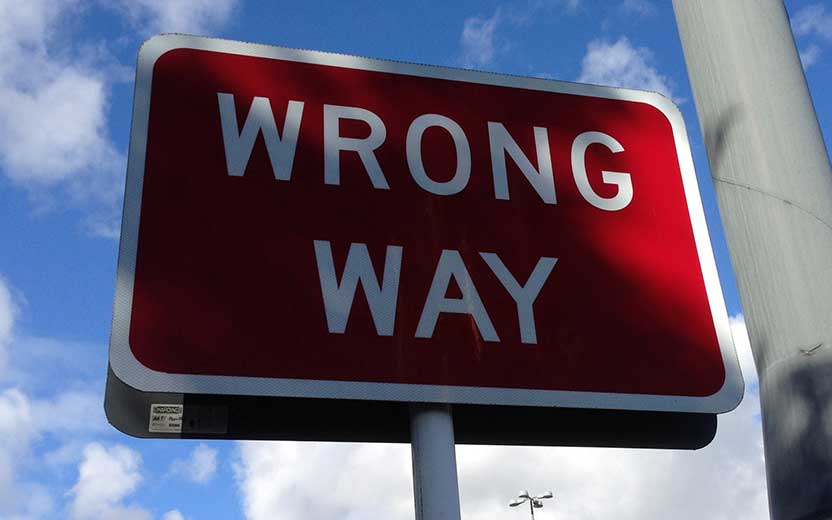By Marcus Fernandez
Given the number of vehicles on Florida roads, it should come as no surprise that there were more than 400,000 crashes last year. Many of those drivers and passengers experience whiplash after the accident. Whiplash is an injury to the soft tissue and bone structure of the neck caused by the sudden, and often violent, forward-backward movement of the head of occupants of a car that comes to an abrupt stop or is hit in the rear. But when does whiplash become vestibular dysfunction?
If you were in a car accident and experienced dizziness, impaired coordination and other symptoms, it may be caused by vestibular dysfunction related to the whiplash injury. Use the following information about vestibular disorders, including their causes, symptoms, and treatment, to get the proper medical care and to discuss with a personal injury lawyer the options available for obtaining compensation from the driver who caused the accident.
What is vestibular dysfunction?
Vestibular dysfunction is a disturbance to the balance system of the body that includes the inner ear and parts of the brain. Symptoms vary depending upon the person, but may include:
- Vertigo
- Vomiting and nausea
- Unsteady gait
- Balance instability
- Blurred vision
- Disorientation
Some people who experience vestibular dysfunction report feeling anxious or fearful.
Causes of vestibular disorders
The parts of the brain and inner ear that make up the vestibular system control balance and eye movement. The vestibular system can be damaged by trauma, including whiplash and head injuries from automobile accidents. Other causes of vestibular dysfunction include:
- Infections
- Medications
- Poor circulation and other disorders of the inner ear
Types of vestibular disorders
There are several types of vestibular dysfunction disorders, including:
- Benign positional vertigo causes an abnormal response to head movements. This may occur when you roll over or get out of bed. You may develop it following an injury to your head as may occur in a car accident.
- Labyrinthine infarction is common in older people and may cause acute vertigo.
- Vestibular neuronitis is frequently associated with an infection and may cause a sudden onset of vertigo.
- Meniere’s disease causes sudden vertigo and buzzing noises in the ears, referred to as tinnitus. If not properly treated, Meniere’s disease may cause permanent hearing loss.
- Secondary endolymphatic hydrops (SEH) causes abnormalities in the inner-ear fluid. A cause is head trauma from a car crash.
- Perilymph fistula is a tear in the membrane located in the middle ear. It may cause pressure changes affecting hearing and balance.
You need to consult with a physician to determine whether you have a vestibular disorder and identify its type. A doctor will conduct a physical examination of you and may order the following tests to aid in making a diagnosis of your condition:
- Vision and hearing exams
- Blood tests
- CAT scans or MRIs of the head and brain
It is essential to get a proper diagnosis in order for your doctor to determine the proper treatment for the disorder. Although some people make a quick recovery and stop experiencing dizziness and other symptoms, vestibular dysfunction caused by injuries from a car accident may linger for months or years unless properly treated.
Treatments for vestibular dysfunction disorders
Just as symptoms differ from one person to another, the effectiveness of treatments for vestibular dysfunction may also differ. A few of the treatments currently available include:
- Exercise-based therapy integrating head, body and eye exercises to cause the brain to recognize and coordinate signals from the vestibular system.
- Medication to control vertigo, dizziness, nausea and other symptoms of the disorder.
- Surgery to restore inner-ear function or repair nerve damage.
Other forms of treatment that health care providers may recommend include chiropractic adjustments, stretching, and cervical decompression depending on the diagnosis. If one form of treatment does not produce satisfactory results, talk to your health care provider about trying something else. For example, yoga may help improve balance, coordination and movement and can be used in conjunction with other forms of treatment.
Speak to a personal injury lawyer about compensation
The effects of vestibular dysfunction may limit your ability to work and engage in activities with your friends and family. So, a consultation with an experienced Tampa personal injury lawyer provides advice about your right to recover damages from the party whose negligence or carelessness caused the accident and your injuries.
Damages recoverable in a car accident lawsuit include compensation for physical and emotional pain and suffering as well as diminished earning capacity in the future if you continue to experience the effects of vestibular dysfunction. Learn more about your rights by speaking with our team a Tampa auto accident lawyer at KF&B Law today.


